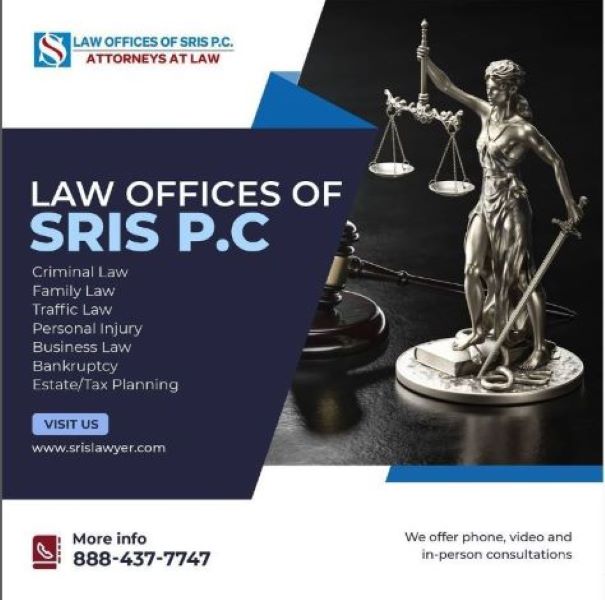Introduction
In the complex world of business transactions, contract disputes are an unfortunate but common occurrence. When parties to a contract find themselves in a conflict, the dispute resolution process becomes crucial in maintaining the integrity of business relationships. Contract dispute mediation is an effective and widely adopted method for resolving such conflicts amicably and efficiently.
What is Contract Dispute Mediation?
Contract dispute mediation is a non-adversarial process in which a neutral third party, known as the mediator, facilitates communication between the disputing parties. The goal is to help them reach a mutually agreeable solution. Mediation is voluntary and often initiated through a clause in the contract, requiring parties to attempt mediation before resorting to litigation.
Benefits of Contract Dispute Mediation
-
Cost-Effective: One of the most significant advantages of contract dispute mediation is its cost-effectiveness. Litigation can be time-consuming and expensive, involving legal fees, court costs, and the opportunity cost of lost business opportunities. Mediation is generally more economical and less time-consuming, allowing parties to focus on their core business activities.
-
Confidentiality: Mediation proceedings are private and confidential. This means that sensitive information and the details of the dispute stay within the confines of the mediation room, protecting the reputation and interests of both parties.
-
Control Over the Outcome: In mediation, the parties themselves determine the resolution. This sense of control can be empowering, as opposed to litigation where a judge or jury decides the outcome. Parties can fashion creative solutions that are mutually beneficial.
-
Preserving Business Relationships: Mediation focuses on preserving and even enhancing business relationships. Unlike litigation, which can be adversarial and acrimonious, mediation fosters open communication and cooperation. This can be especially important when parties wish to continue doing business together.
-
Timeliness: Mediation typically moves faster than the litigation process, which can be bogged down by court schedules and procedural delays. Parties can set their own timeline and schedule mediation sessions at their convenience.
Steps in Contract Dispute Mediation
-
Selection of a Mediator: Both parties agree on a neutral mediator or appoint one as stipulated in the contract.
-
Initial Meeting: The mediator conducts an introductory session with the parties to explain the mediation process and set ground rules.
-
Open Communication: Each party is given an opportunity to express their perspective and concerns without interruption.
-
Identifying Issues: The mediator helps the parties identify the key issues at the heart of the dispute and establish common ground.
-
Brainstorming and Negotiation: The mediator guides the parties in generating potential solutions and assists in negotiations to reach a mutually acceptable agreement.
-
Formalizing the Agreement: Once an agreement is reached, it is formalized in writing, signed by both parties, and becomes a legally binding contract.
Conclusion
Contract dispute mediation is a powerful tool in resolving business conflicts without resorting to costly and time-consuming litigation. It provides numerous advantages, including cost-effectiveness, confidentiality, control over the outcome, and the preservation of business relationships. When parties are willing to engage in open and honest communication, contract dispute mediation can be a win-win solution for all parties involved. By utilizing this method, businesses can not only resolve their disputes but also strengthen their commercial relationships, leading to a more prosperous and harmonious business environment.



